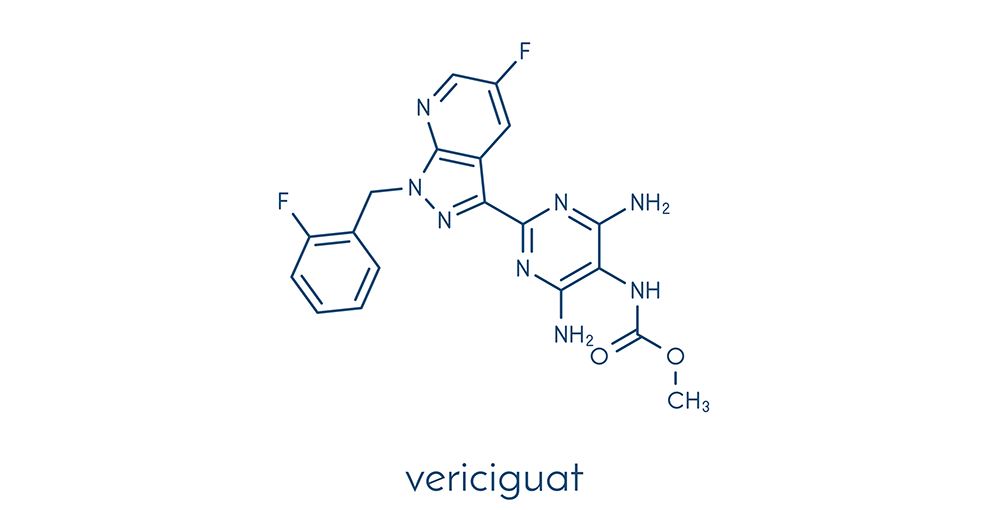By Ahmed El-Medany
Elevated baseline high-sensitivity cardiac troponin T was associated with increased risk for CV death and heart failure (HF) hospitalisation in patients from the VICTORIA trial, according to a presentation at the American College of Cardiology Scientific Session.
The VICTORIA trial (Armstrong et al, 2020) assessed the effect of vericiguat (a novel oral soluble guanylate cyclase stimulator) in recently hospitalised patients with heart failure and reduced ejection fraction.
Among the 4,614 participants from VICTORIA for whom baseline cardiac troponin T levels were available, median cardiac troponin T was 30 ng/L (interquartile range, 19-49).
According to the researchers, as baseline troponin T rose, there was increased risk for CV death (HR per 1 SD = 1.22; 95% CI, 1.13-1.32) and HF hospitalization (HR per 1 SD = 1.21; 95% CI, 1.13-1.29), even accounting for the optimised VICTORIA risk model including N-terminal pro-B-type natriuretic peptide.
Christopher R. deFilippi, MD, vice chairman of academic affairs at Inova Heart and Vascular Institute in Falls Church, Virginia, stated: ‘Measuring cardiac troponin T at baseline improved risk stratification even when including a comprehensive model of clinical covariates and NT-proBNP level’.
According to the researchers, the treatment effect of vericiguat was greater at lower baseline cardiac troponin levels.
Source: deFilippi CR, et al. Omics, AI and Precision Medicine in Heart Failure. Presented at: American College of Cardiology Scientific Session; May 15-17, 2021 (virtual meeting).
Vericiguat in patients with heart failure and reduced ejection fraction: https://www.nejm.org/doi/10.1056/NEJMoa1915928

